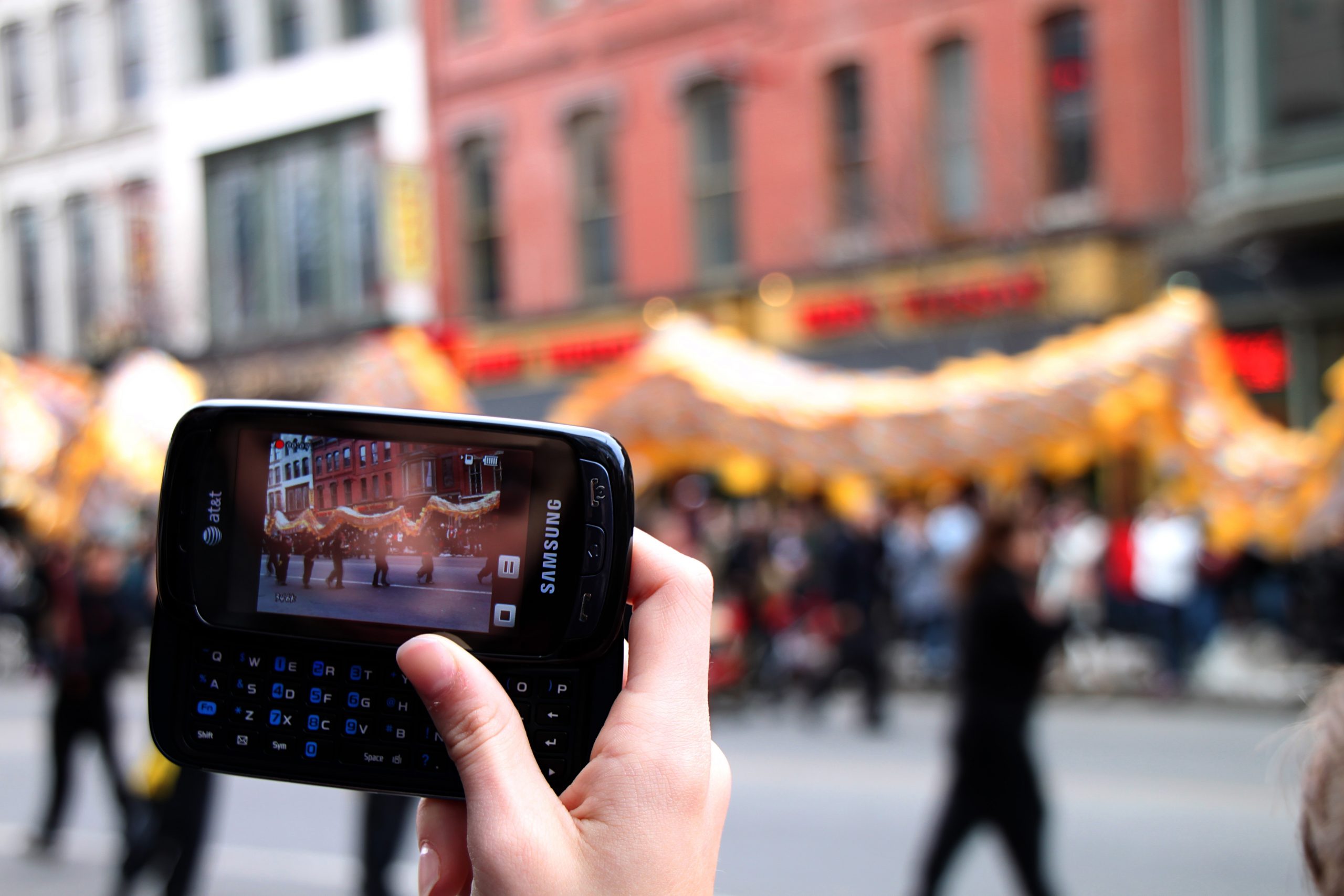

Just by casually reading of the papers, you knew that smartphone theft was a problem. But who knew it was this bad?
- The number of stolen phones in New York City climbed 40% in one year
- It accounts for one of every two robberies in San Francisco.
- Nationwide stolen smart phones now account for 33% of all robberies.
In fact, according to the National Consumers League, which has been “representing consumers and workers on marketplace and workplace issues since 1899,” some 1.6 million American consumers had a hand-held device stolen last year.
Given the high price of cell phones, if you don’t get one as part of a service contract with your carrier, we shouldn’t be surprised by the number of thefts. A smartphone can fetch $200 on the U.S. streets and north of $2,000 in some Asian cities.
Law enforcement, smart phone manufacturers and wireless providers have joined together to fight what San Francisco District Attorney George Gascon has called “a national epidemic.” They are making progress. Many wireless providers have established programs that refuse to allow the use of a reactivated, stolen phone on their networks. Also, a number of smart phone manufacturers have taken steps to beef up security.
For example, Apple’s iOS7 mobile operating system includes a “Find My iPhone” feature and requires the user to log in before they can do anything with a device that has been lost or stolen. Samsung’s Galaxy S4 smartphone customers can buy a LoJack system which is difficult for thieves to disconnect without causing damage to the phone.
That’s good. And anything we can do to protect our phones is even better. Here are six ideas:
- When you carry and/or use your phone, be sensitive to the world around you. One moment of distraction is all that is required for you to become a statistic.
- Always enable and use the security features on your phone. Of particular importance is the password or PIN locking feature. Try to resist using easily decipherable passwords and make sure they are not universal in your life. Change them frequently.
- Install and/or enable any app or feature which allows you to track, lock or permanently delete all information on your smart phone.
- Always transfer personal identifying or sensitive information to an external encrypted device (or mobile hard drive) so you will at least have a copy should your phone be lost or stolen.
- Seriously think about whether an insurance policy is worthwhile.
- Know who and where to call immediately upon discovering that your mobile phone has been lost or stolen and then do so without hesitation if or when necessary. Don’t forget to notify the police as well.
Given the rising rates of smartphone theft, it is becoming increasing likely that you will become a victim. These steps will minimize your risk (and the damage, should it occur.)
First published on Forbes.com









